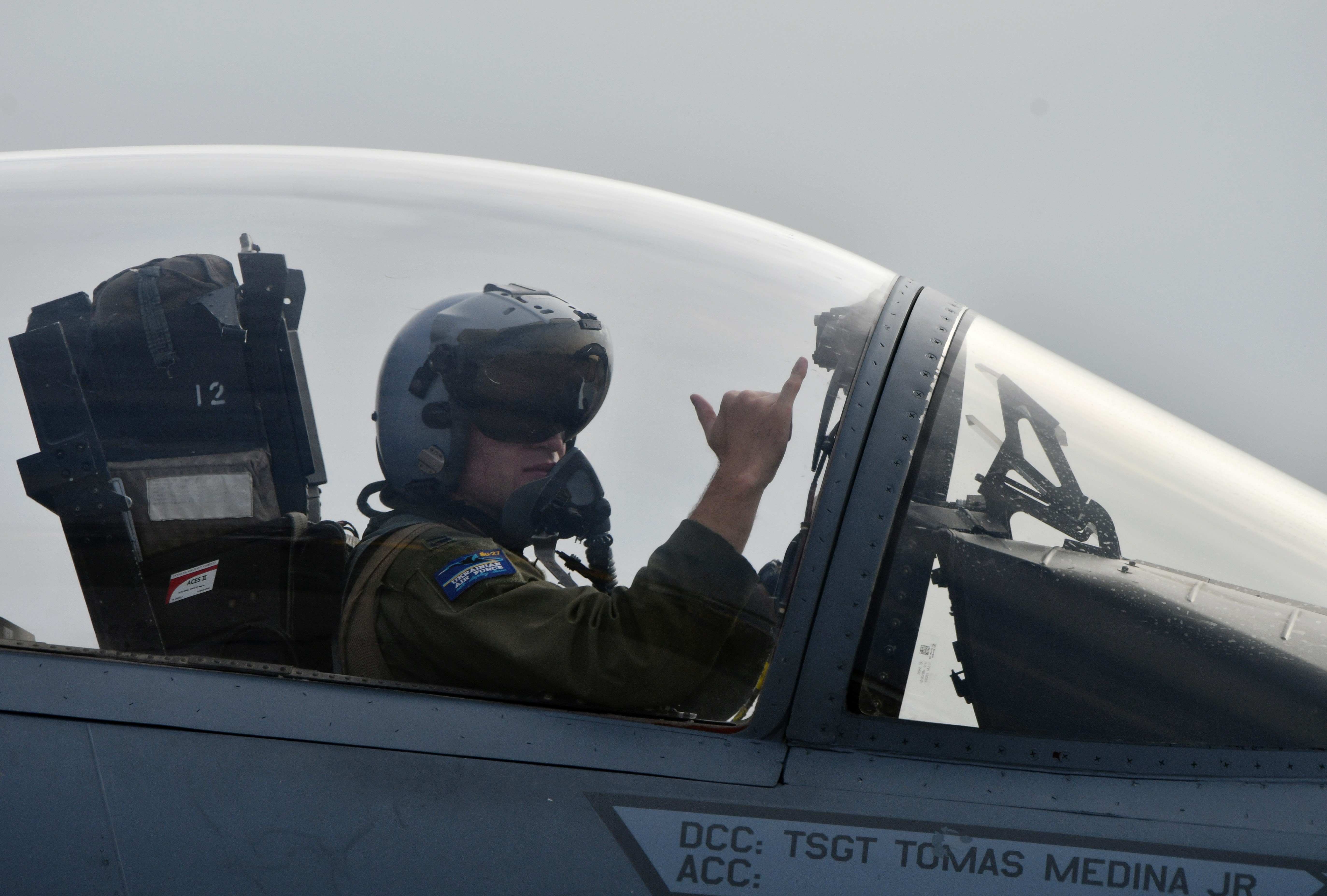Boeing profits surge after tax settlement, raises earnings estimate
Aerospace giant Boeing has scored some new defense contracts in the latest quarter, even while that business line posted a loss, helping to boost the full-year revenue forecast (Genya SAVILOV)
New York (AFP) – Boeing raised its full-year profit and revenue forecasts on Wednesday following a better-than-expected third quarter as demand for commercial and defense aircraft stayed robust.
The aerospace giant, which has benefited from a multi-year investment boom in global air travel and lofty defense spending amid rising geopolitical tensions, reported profits of $2.4 billion for the quarter ending September 30, a 30.6 percent jump from the same period of the prior year. Revenues rose 3.8 percent to $25.1 billion.
Boeing upgraded its revenue forecast by $1 billion to a range of $98 billion to $100 billion for the full year.
“Our teams continued to perform at a high level during the quarter,” Boeing Chief Executive Dennis Muilenburg said.
“Strong underlying performance, along with growth across our businesses we’ve seen throughout the year, give us confidence to raise our 2018 revenue and earnings guidance and reaffirm our operating cash flow guidance.”
Shares of the aerospace giant advanced 1.3 percent to $354.65, making Boeing a rare winner on a bruising day for the blue-chip Dow.
The gain came a day after fellow industrial giants Caterpillar and 3M saw shares plummet following disappointing results that acknowledged higher costs associated with tariffs connected to US trade conflicts with China and other countries.
Boeing’s press release did not mention any hit from tariffs and executives downplayed the issue on a conference call.
Muilenburg told analysts that the company was “very engaged” with Chinese air customers and was taking the “long-term view” that trade would continue to tie the economies.
He said the company would proceed with a plan to boost production of narrow-body aircraft next year and that the decision would not be influenced by current trade disputes.
“It seems like they’re hitting on all cylinders,” said CFRA Research analyst Jim Corridore. But he said he still expected Boeing shares to stay volatile as long as US trade conflicts persisted.
“They have great demand, they’re executing very strongly, but investors are not going to let go of the idea that tariffs will affect them at some point,” Corridore said.
– New defense orders –
Commercial airplane deliveries actually fell compared with a year earlier, in part due to a production slowdown in Washington state due to delays in receiving key components. But profit margins in the business surged on higher production of other key planes.
The company booked 171 net orders, a decline from the second quarter, but well above the prior year’s level.
The defense business turned in an operating loss due to $691 million in one-time costs connected to investment programs. But the company scored major new defense contracts during the quarter.
Boeing also set aside $112 million in higher costs for the KC-46 transport aircraft, the latest over-runs on the program.
Key defense announcements during the quarter included an $805 million contract from the US Navy for the MQ-25, an unmanned aerial refueler and the contract for the MH-139 Air Force helicopters.
Analysts say Boeing’s defense business has benefited from expected Pentagon spending increases under President Donald Trump, although some have noted that a potential Democratic takeover of Congress in next month’s midterm elections could threaten some of that bounty.
The hits from the one-time costs were partly offset by a $412 million benefit from a 2013-2014 tax settlement.
The results topped analyst expectations for earnings-per-share and revenues and could alleviate worries that US industrial companies will all be big losers from the US-China trade conflict. Boeing has been seen as vulnerable on that front because of its substantial China business.
The company also does business with Saudi Arabia, which has been under scrutiny following the killing of journalist Jamal Khashoggi.
But Corridore said the kingdom accounted for a “miniscule” share of Boeing’s business overall.
“It’s not going to impact them and also it’s probably not going to go anywhere,” Corridore said. “The most extreme scenario is that things get pushed out, delayed cosmetically for political purposes and those number come back in.”
Disclaimer: This story has not been edited by Siliconeer and is published from a syndicated feed. Siliconeer does not assume any liability for the above story. Validity of the above story is for 7 Days from original date of publishing. Content copyright AFP.


